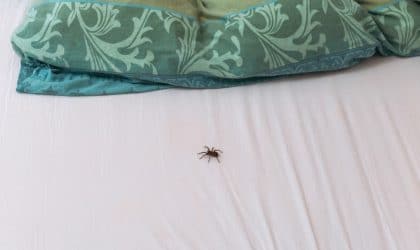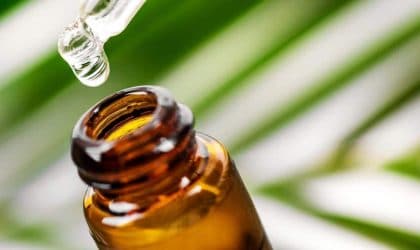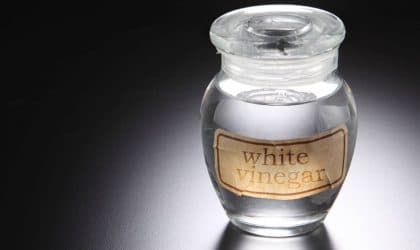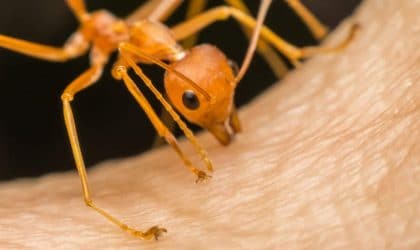Listerine or Mouthwash For Lice: Is This An Effective Lice Treatment Alternative?
Found some lice, and thought you'd find out if mouthwash or Listerine could be used to treat them? Read up to find out if this DIY home treatment option is actually fact or fiction.
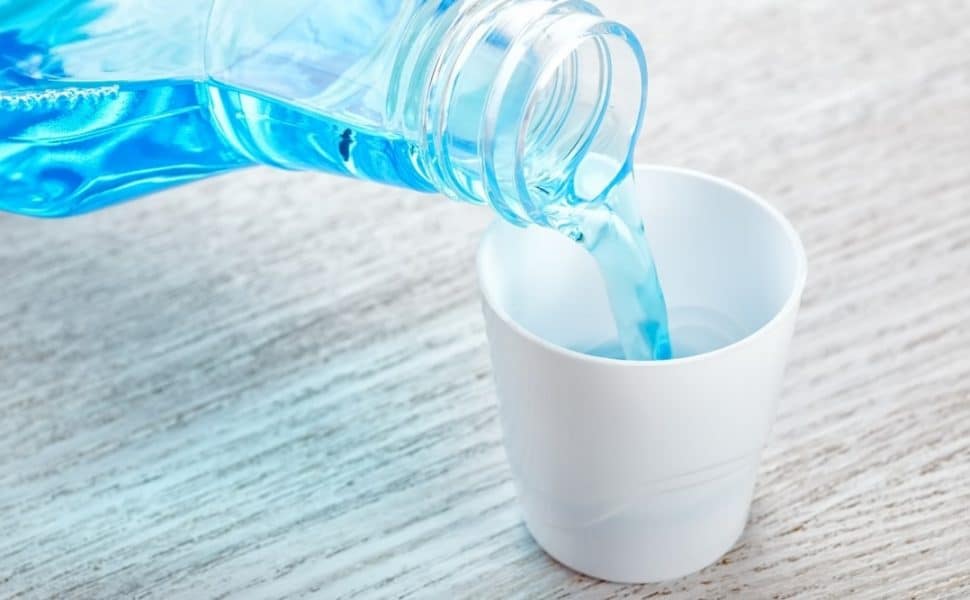
If you have kids, there’s a good chance they’ve brought head lice home from school at least once. Lice are spread by head-to-head contact. That’s why kids who play together are usually to blame for causing a lice epidemic that quickly spreads right around their school.
The most effective and safest way of eradicating head lice is to use a medicated lice shampoo, but this can be expensive, and most of these products contain chemicals. Many parents don’t like the idea of using toxic chemicals on their kids’ hair and scalp, so they turn to home remedies such as hair dye, rubbing alcohol, Lysol, and bleach.
At best these DIY lice killing methods don’t work. At worst, they can actually be very dangerous to your kids’ health. Find out why by clicking the links above to read our detailed articles on each one.
Another popular theory is that Listerine will kill head lice. So, is there any truth in that or could you be doing more harm than good?
Read on to find out.
What is Listerine?
Listerine is an antiseptic mouthwash that’s made from four essential oils:
- Eucalyptol
- Menthol
- Thymol
- Methyl salicylate
The ingredients work as follows:
- Eucalyptol is derived from the eucalyptus tree. It has antibacterial and antifungal properties.
- Menthol is a derivative of mint that can help to prevent bacterial growth and kill germs.
- Thymol comes from an herb called ajwain. It fights oral infection and reduces the risk of gum disease and halitosis.
- Methyl salicylate comes from wintergreen. It’s used to give the user fresh breath, and it’s also a flavoring agent.
All these oils are mixed with 29.6% pure alcohol to dissolve them and create the Listerine solution.
Can Listerine Kill Head Lice?
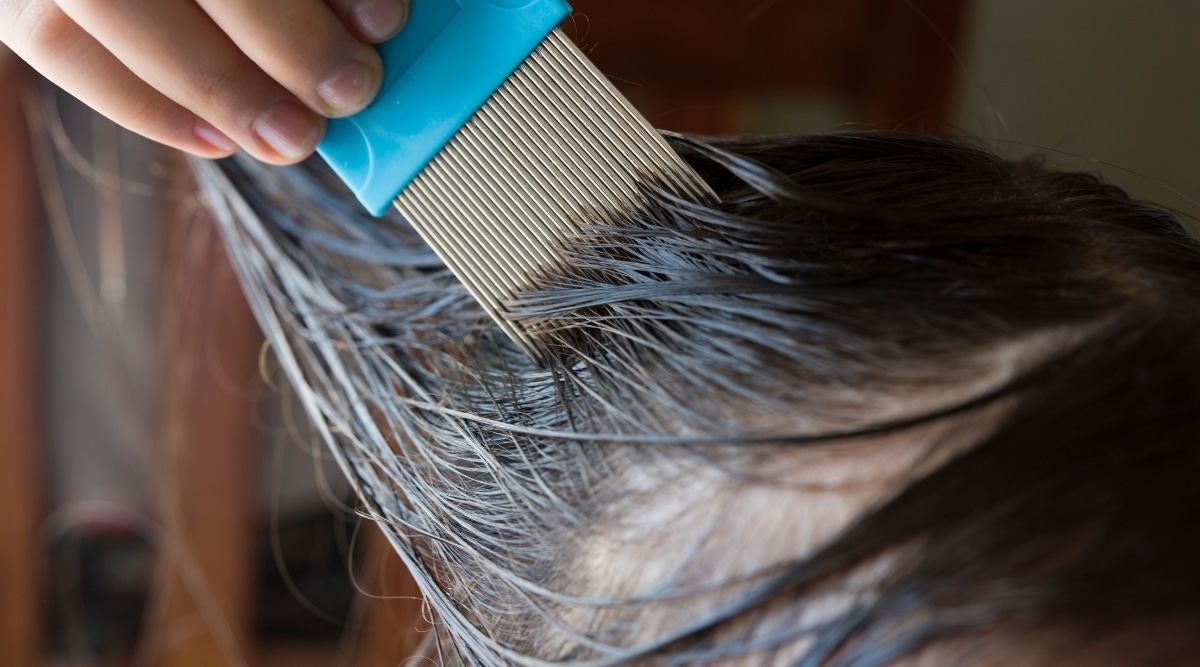
While alcohol can suffocate Lice, Listerine is not an effective treatment for head lice. Many parents like the idea of using a “herbal” product, rather than exposing their kids to chemicals. The essential oils contained in Listerine do have antibacterial properties and applying the solution to the scalp will produce a cooling sensation due to the menthol content and the evaporation of alcohol from the skin.
But although this will provide some temporary relief of the itching that lice cause, will Listerine really kill lice and nits?
The alcohol content of Listerine will suffocate adult head lice. Indeed, some medicated lice treatments are alcohol-based. However, head lice eggs (nits) are coated in a protective, waxy shell that acts as a waterproofing agent.
Although Listerine will probably loosen a few of the nits, it won’t kill them, unless you soaked your head in Listerine continuously for eight to 24 hours! Brief exposure to Listerine will see the nits lying dormant until the effects of the solution wear off. So, you would have to apply almost constant Listerine treatments over several days to prevent the lice eggs from hatching.
Also, you will still need to comb out any nits and live lice with a lice comb.
Related: Brands of hair dye that can be used to kill head lice.
Why Listerine Should NOT Be Used
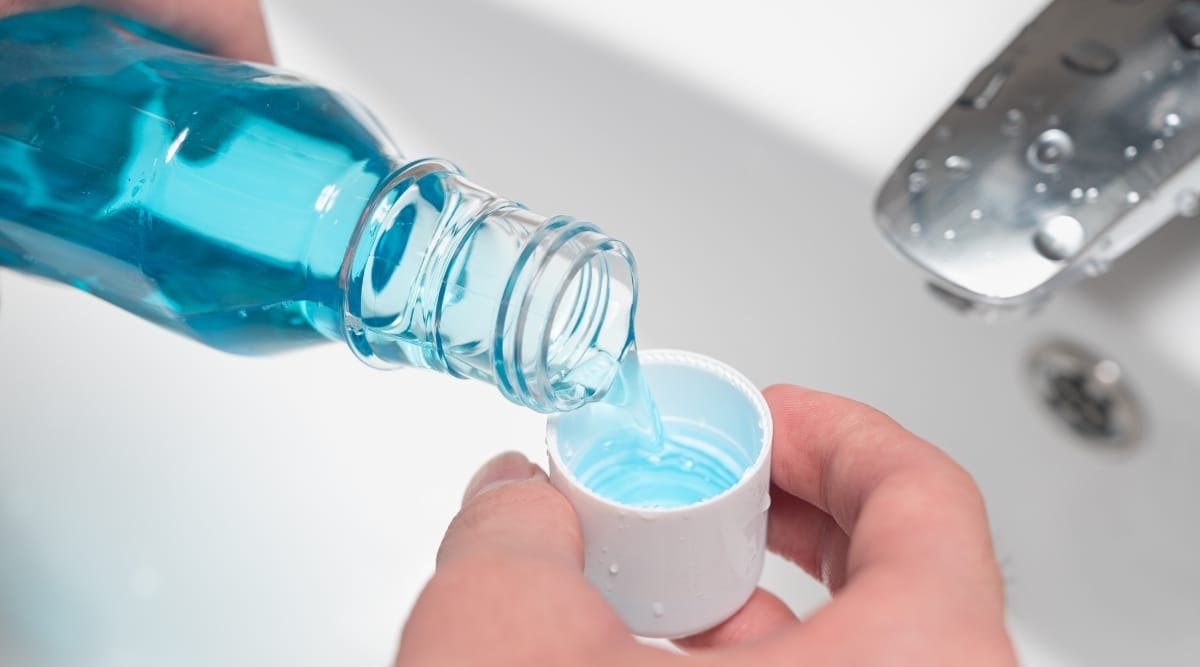
So, although Listerine can kill lice, it’s not advisable to use it for this purpose.
Listerine is a medical product that is designed to prevent bad breath and gum disease, and it’s licensed as such. To be sold as a lice treatment, a product must first be extensively tested by the FDA and other regulatory agencies. Clinical trials must be carried out and the product proven to be consistently effective. Bottom line – Listerine is mouthwash, not a treatment for head lice!
Also, if you apply something to your skin, some of it will be absorbed into your bloodstream, especially if you leave it on for an extended period. Alcohol evaporates, and you will inhale some of it. Now, although that might not be an issue for adults, it could be dangerous for kids. Note that Listerine bottles carry a warning that the product should not be used by children under 12 years of age.
The warning refers to swilling a capful of Listerine around the mouth and then spitting it out. That means that hardly any alcohol would be absorbed, but even so, it’s still not recommended for use in kids. Leaving Listerine on the scalp for a prolonged period is far more dangerous.
Finally, alcohol is likely to dehydrate the skin of the scalp, leading to irritation and flaking.
Wrap Up
Listerine can kill adult head lice, but it is not effective against nits.
Also, Listerine contains 29.6% alcohol that could be absorbed through the skin, making it potentially dangerous to use in children. Alcohol dries the skin, possibly causing irritation and flaking of the scalp.
So, in a nutshell; do not use Listerine as a head lice treatment, even though it might seem like a cheap solution to your lice problem. Always use a proper lice shampoo in conjunction with a nit comb.
Share this post
Save time and money on pest control
Subscribe to expert DIY pest control tips, pest control product reviews and information.

